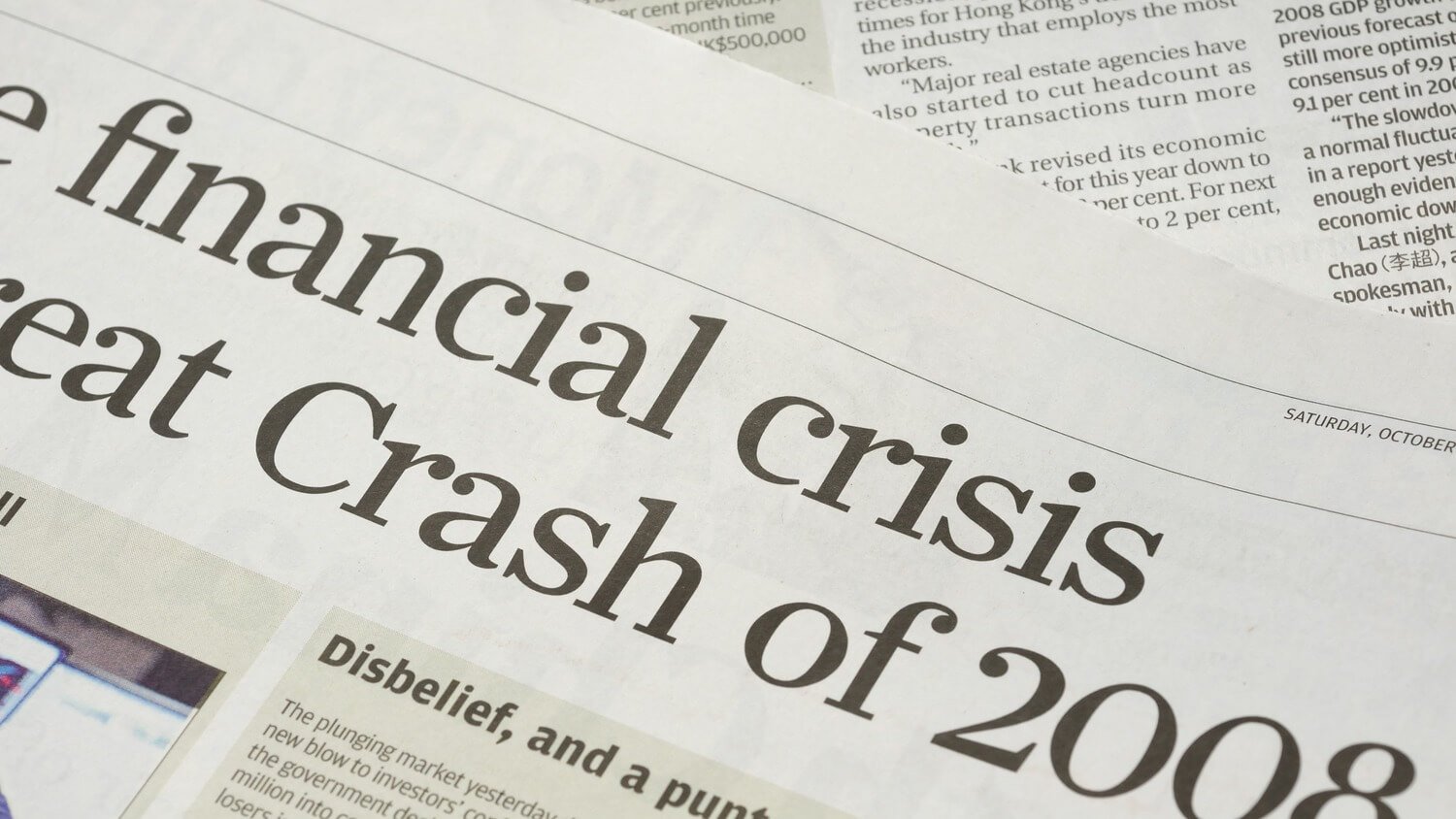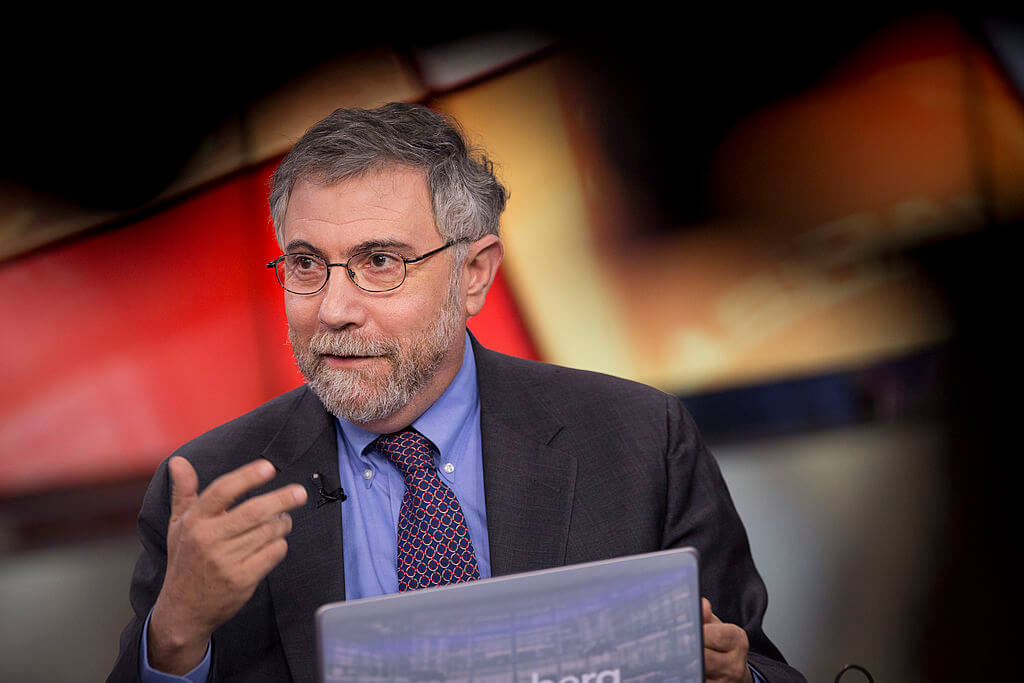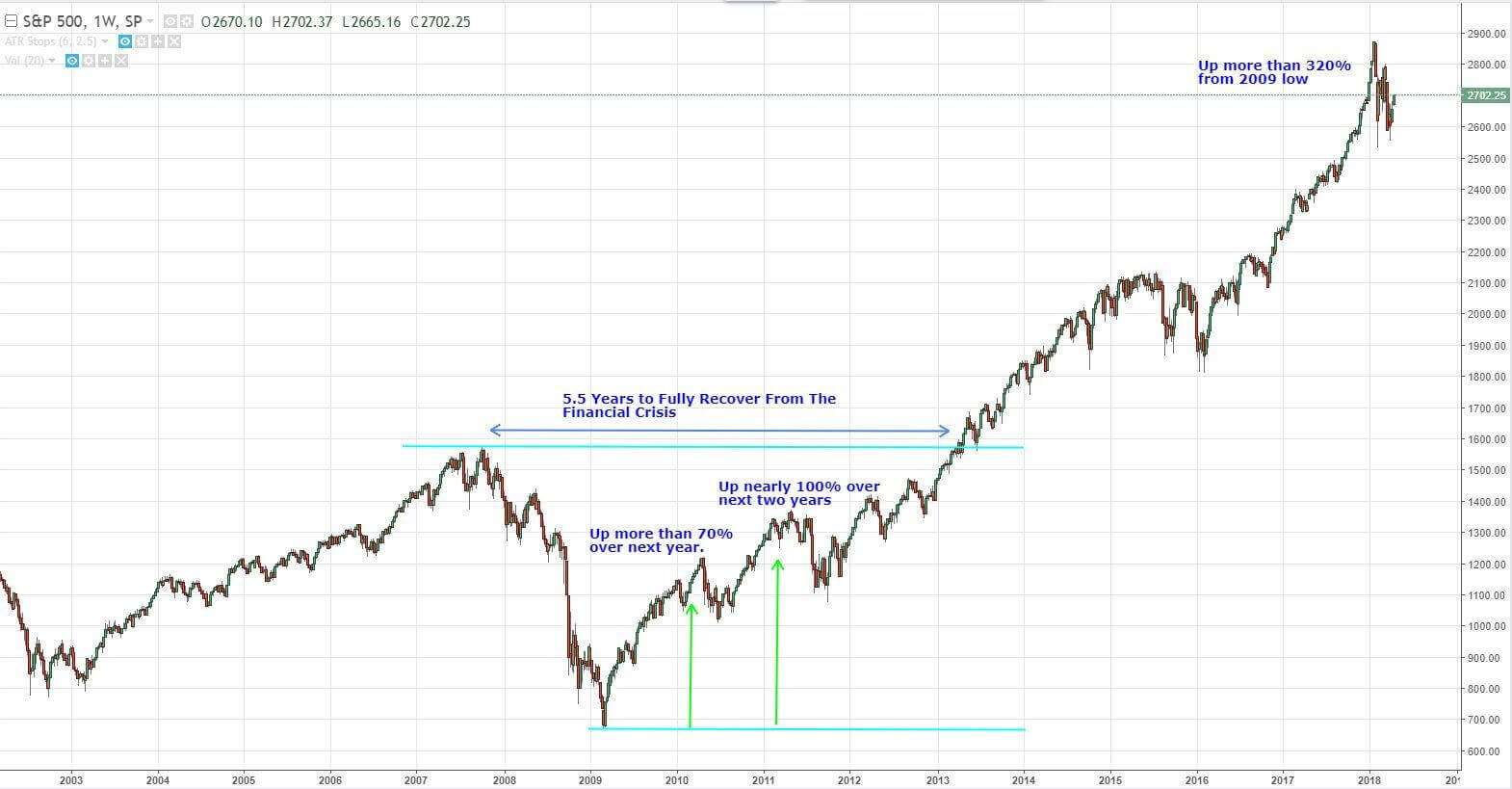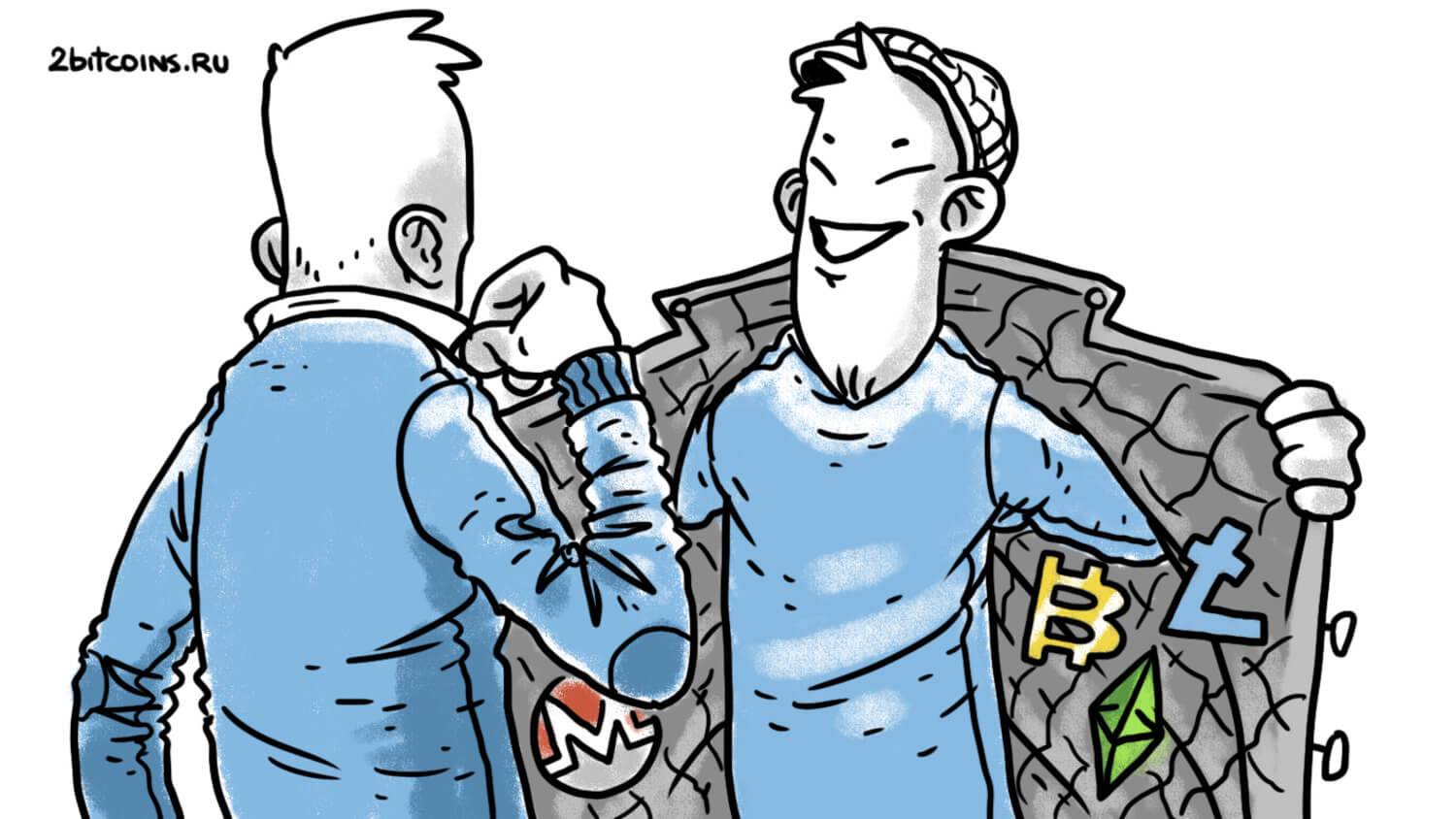The Nobel laureate compared the crypto market to the cause of the 2008 economic crisis. What did he mean by that?
Nobel laureate and renowned economist Paul Krugman has long been a vocal opponent of Bitcoin and everything to do with cryptocurrency. Back in 2018, for example, Krugman claimed that crypto would allegedly set the world’s financial system back 300 years in development. There are newer criticisms: Last year, the economist called Bitcoin and its fans a useless cult. Now Krugman, in an article in The New York Times, compares cryptocurrency again, but now to subprime mortgages. We tell you more about what’s going on.

As a reminder, this is not the first time cryptocurrencies have been criticised, and it happens quite often. For example, in October 2021, the US presidential administration said that digital assets, due to their decentralised nature, could harm the government's sanctions programme.
Well, a month later, Hillary Clinton has declared the need for stricter regulation of the coin niche. This is allegedly needed to stop the manipulation of the niche by Russia, China and other states. Read more about this position in a separate article.
Why are cryptocurrencies being criticised?
In case you haven’t been paying attention to global economic trends during the 2008 financial crisis, let us first try to explain the nature of the mortgage lending problem, which caused major problems in the world economy.
On the eve of the aforementioned crisis, lenders were giving complex loans to people who couldn’t afford to pay them back in the long term. Most of these mortgages had low initial interest rates, which increased over time as homeowners were able to refinance on better terms when they had more equity. Back then, everyone thought that the rise in property prices would go on forever.
But prices stopped rising, and as a result many American homeowners defaulted on their loans. To make matters worse, Wall Street turned these subprime mortgages into investment vehicles with easy access for most investors. So a domino effect appeared overall: the mortgage problems caused the US stock market to crash, and then most of the world's major economies were also affected.

Economist Paul Krugman
Krugman argues that the cryptocurrency market isn’t yet big enough to cause a global crisis. However, he still believes that the same groups of people targeted by lenders in 2008 are actively investing in crypto today.
The economist cited a study by the independent organisation NORC, which found that 44 per cent of crypto investors are not white, and more than half do not have a college degree. He goes on to say that investors in Bitcoin and other cryptocurrencies “should be people who are well aware of the risks and are financially secure enough that those very risks will not cause them serious losses”.
Ultimately, the economist's argument boils down to the fact that many people get involved with digital assets for large-scale profits. And the desire for maximum profit forces them to invest relatively large sums that they cannot afford to lose. As such, the prospect of a market crash could cause serious material damage to such investors.

The 2008 crash on the S&P 500 stock index chart
Private liberal arts university philosophy professor Reed Troy Cross disagreed with Krugman’s argument that certain people should be “protected” from markets. Here’s his quote from Twitter, posted on Decrypt.
The gist of Krugman’s latest statement: only the rich – mostly white people – are smart enough to invest in cryptocurrency. Let’s make it illegal for everyone else.

Buying cryptocurrencies
There is, however, some truth to Krugman’s words after all. First of all, the crypto market does carry a lot of risk because of its high volatility, i.e. sharp changes in asset prices. In the last few months alone, Bitcoin has fallen by more than 45 per cent – such a correction for traditional markets would be the worst disaster.
Second, inexperienced investors with insufficient capital or those who invest all their money in crypto are more likely to lose money. There are quite a few very dangerous financial instruments in the industry – margin trading, for example. So crypto is really “not for everyone”, although absolutely anyone can try to interact with it.
We believe it makes no sense to keep certain people out of the cryptocurrency industry. Firstly, such bans would not work because of the openness of the niche. Secondly, such actions are more likely to draw more attention to coins. And third, it is simply inhumane and unfair, as everyone should manage their own money.
In general, everyone has the right to interact with crypto. The main thing is to learn to control risks and try not to lose what you cannot afford to lose.
What do you think about it? Share your opinion in our Millionaire Crypto Chat. There, we’ll talk about other topics related to the blockchain and decentralisation industry.















